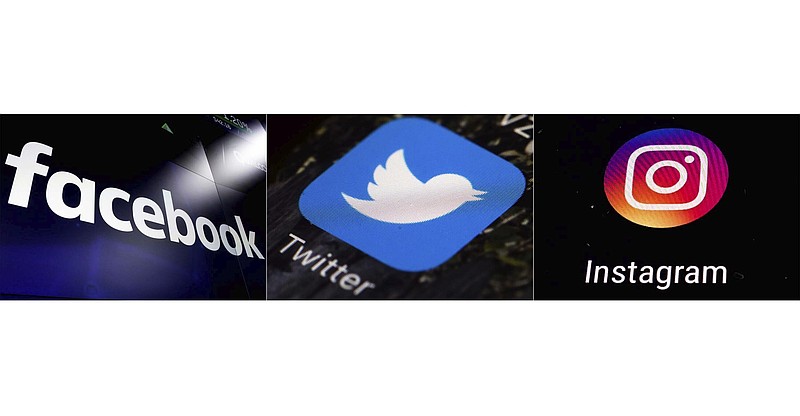A video posted on social media over the weekend showing athletes from two North Georgia high schools using a racial slur will be exploited for all its worth by elements of a culture today that would love to paint all small Southern towns as hotbeds of adult racists-in-training.
It's the broad brush effect used by ideological groups of all stripes to portray the majority of members of one group as having the same thoughts, ideas and tendencies as a few individual members.
But the video can become a cautionary tale of the inhumanity expressed in such slurs, of the sense of immortality found in teenagers and of the dangers inherent in social media. It also can be an opportunity for understanding and healing by members of a generation who generally did not not grow up with the racial prejudices of previous generations.
We can't imagine what would prompt the students to take part in a brief video in which they utter a one-word racial slur. One can picture a dare, a misguided attempt at humor among friends or even elements of a rivalry between schools.
But repeating racial slurs among friends can tend to make those expressions more likely to become part of their lexicon and thus more likely to be uttered when they're not among friends.
Plus, words repeated around friends are not the same when repeated around an individual or group on which the words are focused. And if they shouldn't be repeated around an individual or group on which they're focused, they probably shouldn't be used among friends. And when racial tensions are so high across the country as it grapples with police use of force, a video in which racial slurs are used can only fan the flames.
Fortunately, most teenagers don't have to take on the responsibilities of young adults. That often provides them with a sense of freedom to do what they want without having to worry much about consequences.
However, to our understanding, that's gotten every teenager who walked on the Earth in trouble at least once.
In this case, these teens are learning how fast and how far words can travel, and in doing so how words can cause pain and hurt. And embarrassment and humiliation.
Which brings us to social media.
A word shared verbally with a friend may or may not ever be repeated. A word spoken on social media or on a video uploaded to social media can fly around the world in minutes, can never be taken back and may have life to affect the speaker for years to come.
The teenage athletes at Ringgold and Gordon Lee high schools who used a racial slur on a brief video now know that. Their video, while quickly deleted from their personal accounts, was copied and posted by a concerned student on Instagram, where it attracted a much larger audience. That student, understandably hurt by the slur, did what might be expected. The student took a broad brush in condemning the athletes.
"That people would have the audacity to ask me why I don't like going to school in north Georgia," the student wrote, "that's a pretty good example if you ask me."
Most North Georgia students don't deserve to be lumped in with those who would use racial slurs, but that's another unfortunate legacy of the posted video.
Since school is not in session, we won't know if those involved with the video will have personal consequences from their parents or from their team coaches. But we would hope parents, coaches, teachers and school administrators use the incident to explain why it shouldn't happen and how hurtful it can be.
Frankly, the incident surprised us because we have noticed younger generations are much more tolerant of people different than themselves and much more quickly to make and remain friends with them. That can especially be true of athletes on sports teams, so we believe there is doubly the potential here for healing.
We appreciate, especially, the wise words of the mother of one of the athletes in a Facebook post.
"We want [our son] to realize that although [the slur] is a word," she wrote, "it is much more than that. It has the power to ignite hate; is is entrenched in the tearing down of a culture and people. ... [W]e know apologies mean nothing without change. We are reaching out to those he hurt to try and sit down, to talk, to try and heal. There are always two choices when you fall: be bitter and hate or grow as a person and learn."
We hope this will be a growth experience and will provide an example of how to heal from racial division.
